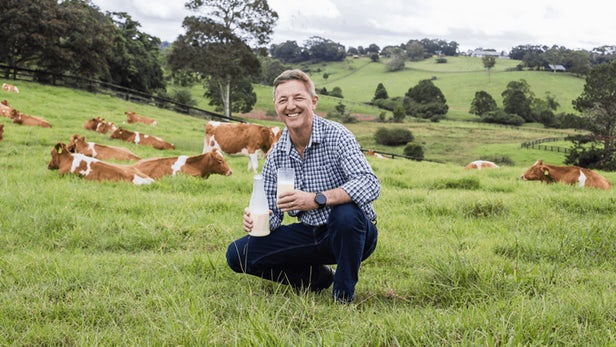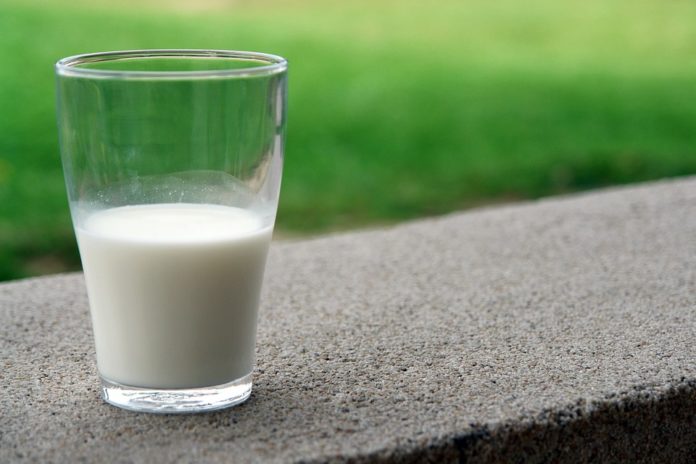Pasteurization is a process that kills harmful bacteria by heating milk to a specific temperature for a set period of time. First developed by Louis Pasteur in 1864, pasteurization kills harmful organisms responsible for such diseases as listeriosis, typhoid fever, tuberculosis, diphtheria, and brucellosis.
Now, an Australian company called Natura has come up with a new breakthrough milk processing technology that will allow Australians to drink fresh milk that’s been in the fridge for three months. This food technology is the world’s first breakthrough that kills more pathogen than pasteurization and keeps the milk fresh up to 90 days.
Nature founder and CEO Jeff Hastings said, “The primary difference between our milk and pasteurized milk is the fact that we don’t “cook” the milk to make it safe for human consumption. It is closer to the original state, and has been proven to be better than regular milk in terms of nutrition.”

He further explained, “Pasteurisation heats milk to a minimum of 72°C for at least 15 seconds to make it safe whereas we are able to kill pathogens without relying on heat. Heating pasteurized milk makes it safer but kills alkaline phosphatase activity, which helps with liver function and bone development.”
“Another issue with pasteurized milk is that heating it reduces the Vitamin B2 and B12 levels. Our milk tastes like milk straight from the cow. It is safer, better for you and lasts longer.”
Naturo’s milk can be used in applications where unpasteurized milk is desired or where raw milk is preferred eg. Cheesemaking. Many specialized dairy products, targeting the nutrition or taste advantage are available using Naturo milk.
The innovation has been given the green light after being independently tested and validated by industry regulator Dairy Food Safety Victoria.
